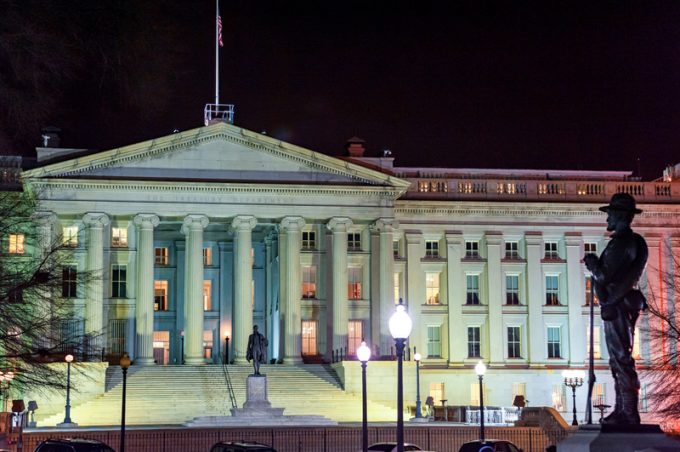Expeditors in court – not over just yet, going to appeal
Wheels of Justice still turning

Amazon is to pay $134,000 in fines after falling foul of US sanctions regulations.
The US Office of Foreign Assets Control (OFAC) levied the fine this week after the e-commerce giant admitted it had allowed shipments to be sent via its platform to individuals in countries ...


Comment on this article